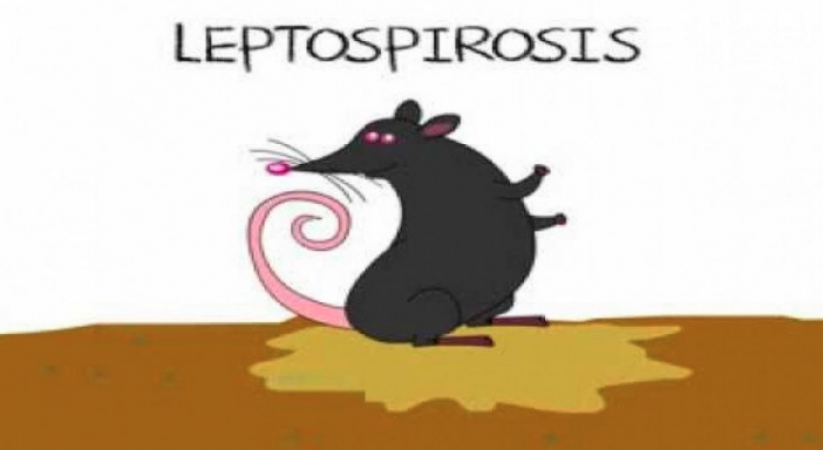
In Mumbai, leptospirosis infections are currently increasing quickly. More cases of this infection have been reported in July than in June, according to the BMC. However, the majority of people are still ignorant of this illness, do not understand what a leptospirosis infection is, and do not know how to care for themselves at this time.
According to recent reports, after the monsoon in Mumbai, cases of Leptospirosis and Chikungunya increased. A disease spread by mosquitoes in the rain called chikungunya is well known, but leptospirosis is probably less well known. Let us inform you that 104 cases of this infection have been reported by BMC in the first 16 days of July, up from 97 cases in June.
In such a situation, what is leptospirosis?
Both humans and animals are susceptible to the bacterial infection known as leptospirosis. Leptospira bacteria are to blame for its development. Humans can experience a variety of leptospirosis symptoms. many of which are similar to the signs of other illnesses. Other than this, very few patients exhibit any other symptoms. Leptospirosis is a serious illness that, if left untreated, can result in kidney damage, liver failure, respiratory issues, and even death.
How is leptospirosis infection?
Leptospirosis-causing bacteria are transmitted by infected animals' urine, which can enter water or soil and survive there for several weeks or months. Because of this, a wide range of wild and domesticated animal species become infected by these bacteria and succumb to infection. These can also include wild animals like rats, sheep, pigs, horses, dogs, and other animals that are susceptible to this infection. At the same time, other bodily fluids other than the urine or saliva of infected animals can be used to spread this infection to humans.
What are the symptoms of leptospirosis?
Some common symptoms seen in humans infected with leptospirosis include:
High fever
Headache
Chills
Muscle pain
Vomiting
Jaundice
Red eyes
Stomach ache
Diarrhea
Scratches included
A person may take anywhere between two days and four weeks after being exposed to this infection before becoming ill. Symptoms like a fever and other sudden-onset symptoms are typical for the illness. Leptospirosis, though, can occasionally have two phases.
The patient may feel well after the initial stage, which includes fever, chills, headache, muscle aches, vomiting, or diarrhea, but they soon fall ill once more. The symptoms worsen dramatically in the second stage, and some people may experience kidney or liver failure at the same time. The illness may last for just a few days or up to three weeks. Recovery could take several months if improper care is not taken.
What is the treatment for leptospirosis?
Antibiotics are a treatment option for leptospirosis, and they should be started as soon as the illness manifests itself after consulting a physician. In addition, doctors only choose treatments and medications after examining patients who have more severe symptoms. The best treatment for any disease, however, is prevention.
How do I avoid leptospirosis?
Avoiding contact with potentially infected animals as well as swimming or wading in water contaminated with animal urine are the easiest ways to prevent contracting leptospirosis.
Does rain increase the risk of leptospirosis?
By touching or swimming in contaminated water, a leptospirosis infection can develop. In addition to this, the infection can also spread through contaminated food or water or in areas that have recently flooded. Tropical and subtropical regions have a higher risk of leptospirosis infection because these bacteria thrive in warm, humid conditions. At the same time, during the rainy season, when the water becomes severely contaminated, there is also a high risk of flooding. Leptospirosis risk therefore rises during the wet season.
The sun is not visible for weeks during the monsoon season, now how do I take Vitamin D?
Plastic Pollution: Strategies for a Plastic-Free Future
From keeping digestion healthy to getting rid of acne, know the benefits of neem leaves